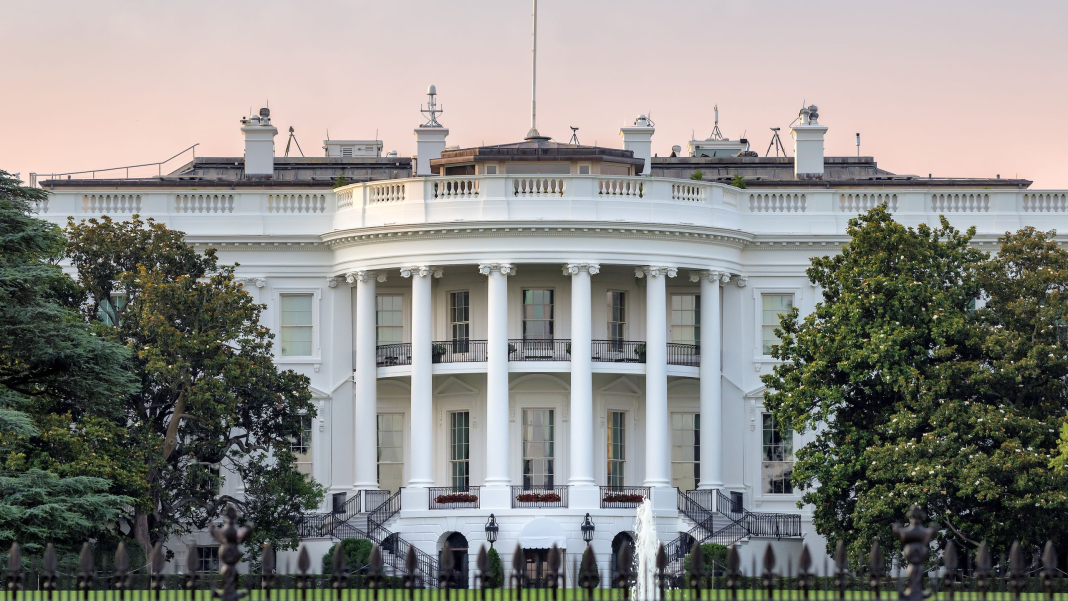By Festus Poquie
President Joseph Boakai’s administration has hired U.S.-based lobbyists to press its case in Washington, signing a contract worth slightly more than $1 million. The deal seeks support for rice-sector reforms, technical cooperation and renewed foreign assistance, according to documents filed with the U.S. Department of Justice.
The agreement, disclosed in DOJ filings and obtained by Oracle News Daily commits Liberia to pay $45,000 a month for two years — a total of $1,080,000 — with provisions that could raise the contract’s value if an extension option is exercised.
The work authorized under the contract includes high-level engagement with the White House and key congressional committees, efforts to reform Liberia’s rice import and distribution networks, and the establishment of technical collaborations with U.S. agencies to strengthen food security and domestic rice production.
Lobbying firms named in the filings began outreach to officials in early 2025, after contracts were finalized in February, engaging stakeholders in the Trump administration and targeting members of the Senate Foreign Relations Committee and several House subcommittees with jurisdiction over Africa, global health and human rights.
The contract sets out four principal lines of work:
- Strategic relations: senior-level engagement with the Office of the U.S. President and influential congressional committees to bolster bilateral ties.
- Rice-sector overhaul: advising on reform of import and distribution systems, addressing market manipulation and seeking U.S. technical assistance.
- Collaborative agricultural development: facilitating technical cooperation to build a more sustainable, locally based rice sector.
- Engagement with U.S. authorities: outreach aimed at securing foreign aid for agriculture and infrastructure projects.
The move comes as Washington’s foreign-aid posture has been in flux. Documents and public reporting describe proposals to reorganize U.S. foreign-assistance structures, a factor that officials in Monrovia said motivated an effort to strengthen direct lines of contact in Washington.
The lobbying arrangement is part of a broader pattern documented by the watchdog group Global Witness, which reported that scores of low-income, aid-dependent countries have retained U.S. lobbyists since the U.S. election in 2024.
According to Global Witness, 17 least-developed or large aid-recipient countries — including Liberia, Angola, Cambodia, the Democratic Republic of Congo, Haiti, Honduras, Moldova, Mozambique, Pakistan, the Philippines, Rwanda, Somalia, Ukraine, Venezuela and Yemen — signed lobbying contracts with U.S. firms totaling more than $21 million in fees through the end of 2025. The report says some of the firms hired have ties to President Trump’s circle.
Global Witness warned that many of the countries engaging U.S. lobbyists are affected by conflict and are rich in natural resources, heightening the stakes of access to U.S. policymakers. The group’s findings are drawn from publicly available DOJ filings and interviews.
Requests for comment sent to Liberia’s information office and to the named U.S. firms were not immediately returned.
The filings make clear the Liberian government is seeking not only diplomatic recognition and aid, but technical partnerships to reduce dependence on imports and build domestic rice capacity — a politically sensitive and economically crucial issue in a country where rice is the staple food.


